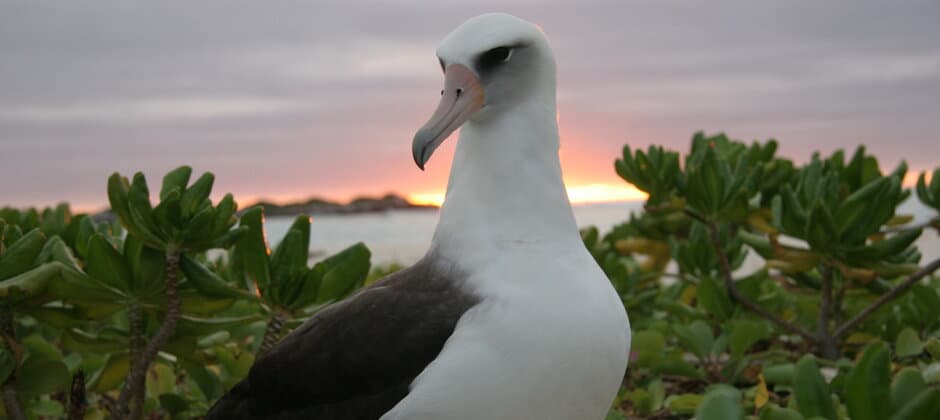Share this article
Congress considers trapping on refuges
The U.S. House Natural Resources Committee’s Subcommittee on Water, Oceans and Wildlife held a hearing last week to consider eight bills and one resolution, including one piece of legislation that would prohibit trapping on National Wildlife Refuges.
The “Refuge from Cruel Trapping Act of 2021” (H.R. 4716), introduced by Rep. Jerrold Nadler (D-N.Y.), would prohibit using foothold, snare and body-gripping traps on National Wildlife Refuges. Similar bills have been introduced in several recent sessions of Congress, but they have never advanced to a vote on the floor.
The Wildlife Society supports regulated trapping as a useful technique in wildlife management and research as well as a regulated public wildlife use as trust resources. As a result, TWS has previously opposed similar legislation.
Stephen Guertin, deputy director for policy for the U.S. Fish and Wildlife Service, testified during the virtual hearing and expressed concerns regarding the “Refuge from Cruel Trapping Act,” including the observation that the bill, as written, conflicts with Alaska National Interest Lands Conservation Act, the 1980 law that mandates that rural residents of Alaska be given a priority for subsistence uses of fish and wildlife.
Gordon Batcheller, CWB®, current president of The Wildlife Society, testified on behalf of the Association of Fish and Wildlife Agencies regarding several of the bills under consideration, including the trapping bill. He said that state and federal fish and wildlife agencies around the country use trapping as a “modern, responsible and humane method to manage wildlife” and that the bill is inconsistent with the states’ wildlife management responsibilities and tribal rights.
Another bill discussed during the hearing would enhance protections for albatrosses and petrels. The Albatross and Petrel Conservation Act (H.R. 4057), re-introduced by Rep. Alan Lowenthal (D-Calif.), would implement the Agreement on the Conservation of Albatrosses and Petrels. More than a dozen countries around the world have ratified that international agreement, but efforts to convince the U.S. Senate to ratify it have so far been unsuccessful. The bill would authorize the U.S. Fish and Wildlife Service and NOAA Fisheries to implement various fisheries conservation measures in alignment with the international agreement for the benefit of 31 species of albatrosses, petrels and shearwaters.
The Wildlife Society, as a member of the Bird Conservation Alliance coalition, has supported previous versions of the bill and encourages the conservation of migratory birds through improved policy and international collaboration.
The committee also considered other bills during the hearing, including legislation to address wildlife trafficking on the internet and on social media, several bills to reauthorize coastal conservation programs and a bill continuing the sale of the Multinational Species Conservation Funds Semipostal Stamp.
Read TWS’ standing position on Traps, Trapping, and Furbearer Management
Header Image: The House Natural Resources Committee considered the Albatross and Petrel Conservation Act during a hearing last week. Credit: Brenda Zaun / USFWS








